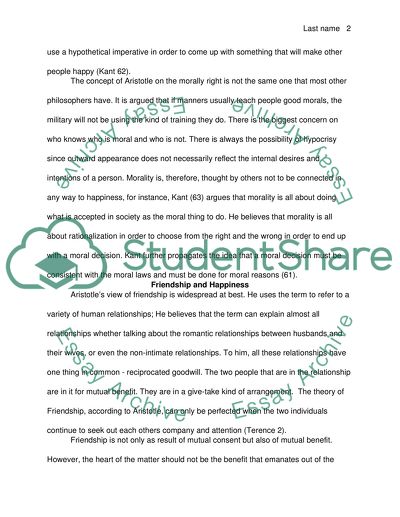Cite this document
(“Kant and Aristotle's Ideas on Morals and Happiness Essay”, n.d.)
Kant and Aristotle's Ideas on Morals and Happiness Essay. Retrieved from https://studentshare.org/philosophy/1592135-a-comparecontrast-essay
Kant and Aristotle's Ideas on Morals and Happiness Essay. Retrieved from https://studentshare.org/philosophy/1592135-a-comparecontrast-essay
(Kant and Aristotle'S Ideas on Morals and Happiness Essay)
Kant and Aristotle'S Ideas on Morals and Happiness Essay. https://studentshare.org/philosophy/1592135-a-comparecontrast-essay.
Kant and Aristotle'S Ideas on Morals and Happiness Essay. https://studentshare.org/philosophy/1592135-a-comparecontrast-essay.
“Kant and Aristotle'S Ideas on Morals and Happiness Essay”, n.d. https://studentshare.org/philosophy/1592135-a-comparecontrast-essay.


